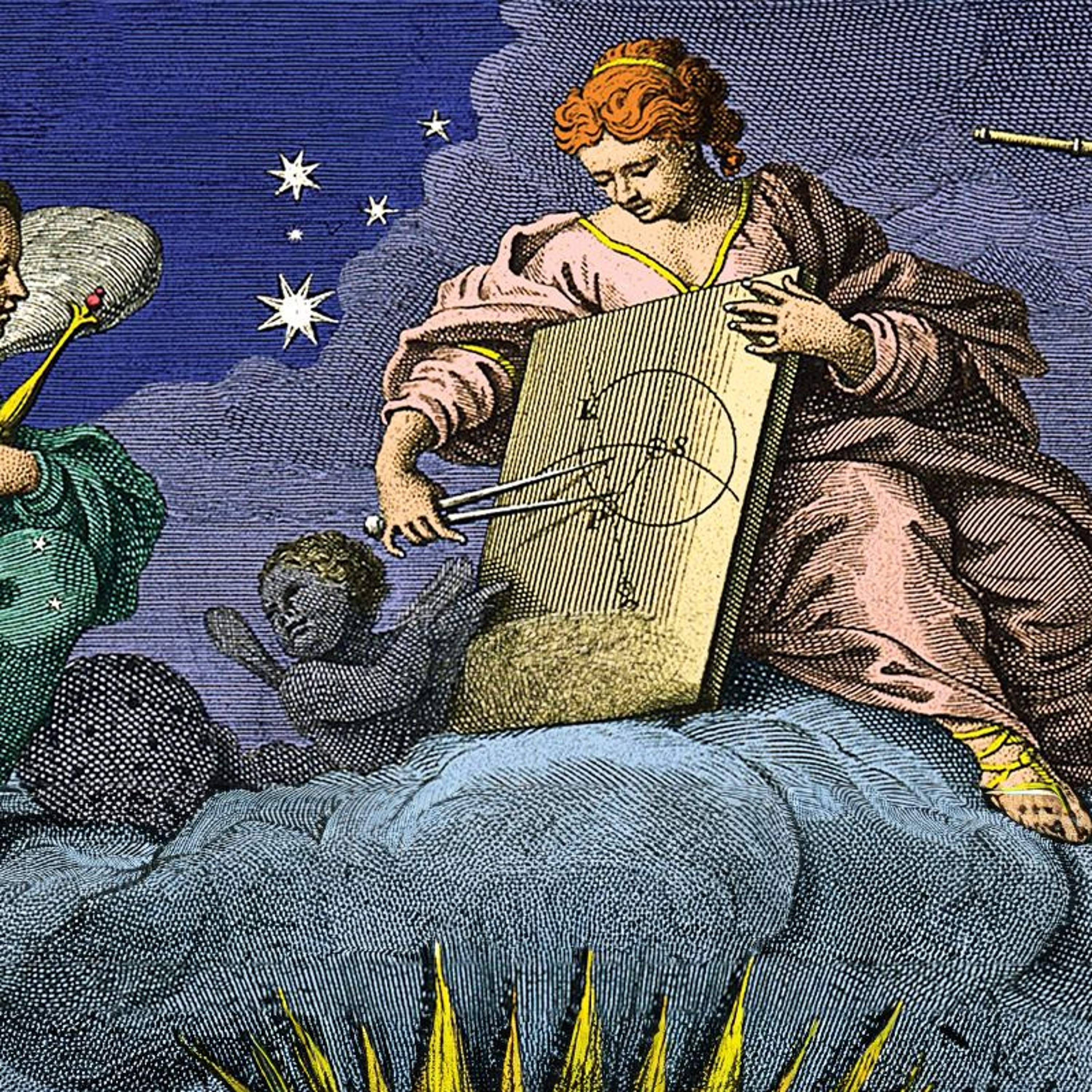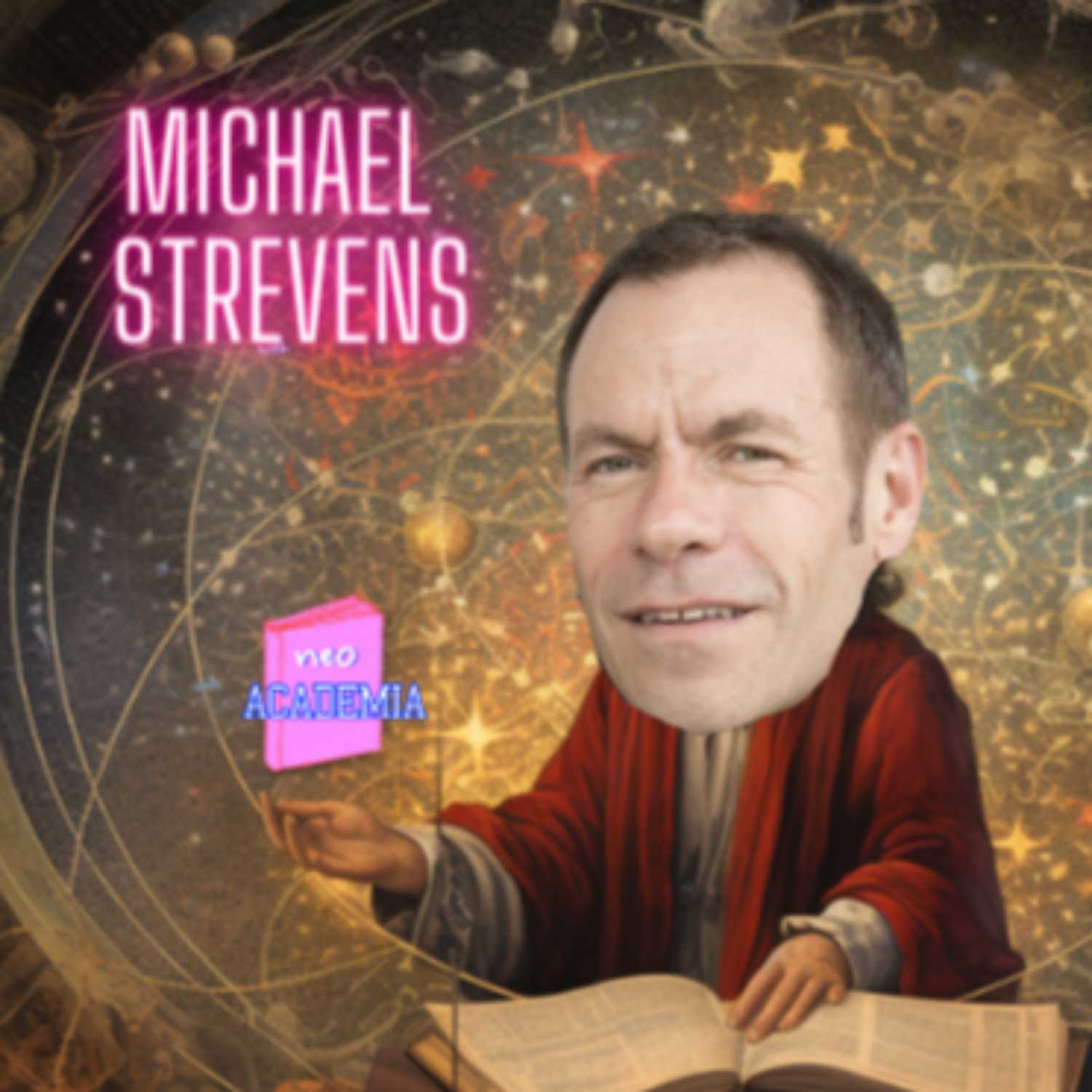Shows
 NYUAD InstituteThe Highly Effective Irrationality of ScienceModern science has done amazing things: creating covid vaccines, sending humans to the moon, finding the ultimate nature of light. What makes it so powerful—and so different from the attempts to understand nature made by the philosophers and monks of old? Vaulting from Aristotle to gravitational waves, Michael Strevens argues that much of science’s power derives from an epistemic limitation that can only be understood as irrational. The paradigmatic scientist is a paradigmatic reasoner in many ways, but in at least one way, their perfection as a scientist lies in the deliberate cultivation of a gaping intellectual blind spot...2024-05-1645 min
NYUAD InstituteThe Highly Effective Irrationality of ScienceModern science has done amazing things: creating covid vaccines, sending humans to the moon, finding the ultimate nature of light. What makes it so powerful—and so different from the attempts to understand nature made by the philosophers and monks of old? Vaulting from Aristotle to gravitational waves, Michael Strevens argues that much of science’s power derives from an epistemic limitation that can only be understood as irrational. The paradigmatic scientist is a paradigmatic reasoner in many ways, but in at least one way, their perfection as a scientist lies in the deliberate cultivation of a gaping intellectual blind spot...2024-05-1645 min NeoAcademia18. Imperial Empiricism w/ Michael StrevensOn this episode of NeoAcademia Michael and I discussed society’s perception of science and his book The Knowledge Machine. Michael is a professor of philosophy at NYU Micahel keeps pretty busy working on complex systems, probabilities, causation, and the philosophy of science, the sociology of science. Subscribe to the Newsletter for show notes, the Big Nerve link, and more. Video episode available here. 2023-10-051h 17
NeoAcademia18. Imperial Empiricism w/ Michael StrevensOn this episode of NeoAcademia Michael and I discussed society’s perception of science and his book The Knowledge Machine. Michael is a professor of philosophy at NYU Micahel keeps pretty busy working on complex systems, probabilities, causation, and the philosophy of science, the sociology of science. Subscribe to the Newsletter for show notes, the Big Nerve link, and more. Video episode available here. 2023-10-051h 17 Thing in itselfMichael Strevens on explanation and modern scientific knowledgeMichael Strevens is professor of philosophy at NYU working in the philosophy of science. His research interests include explanation, complex systems, probability, confirmation, and the social structure of science and its role in science’s success; the psychology of concepts; and the philosophical applications of cognitive science, including philosophical methodology.2022-10-061h 31
Thing in itselfMichael Strevens on explanation and modern scientific knowledgeMichael Strevens is professor of philosophy at NYU working in the philosophy of science. His research interests include explanation, complex systems, probability, confirmation, and the social structure of science and its role in science’s success; the psychology of concepts; and the philosophical applications of cognitive science, including philosophical methodology.2022-10-061h 31